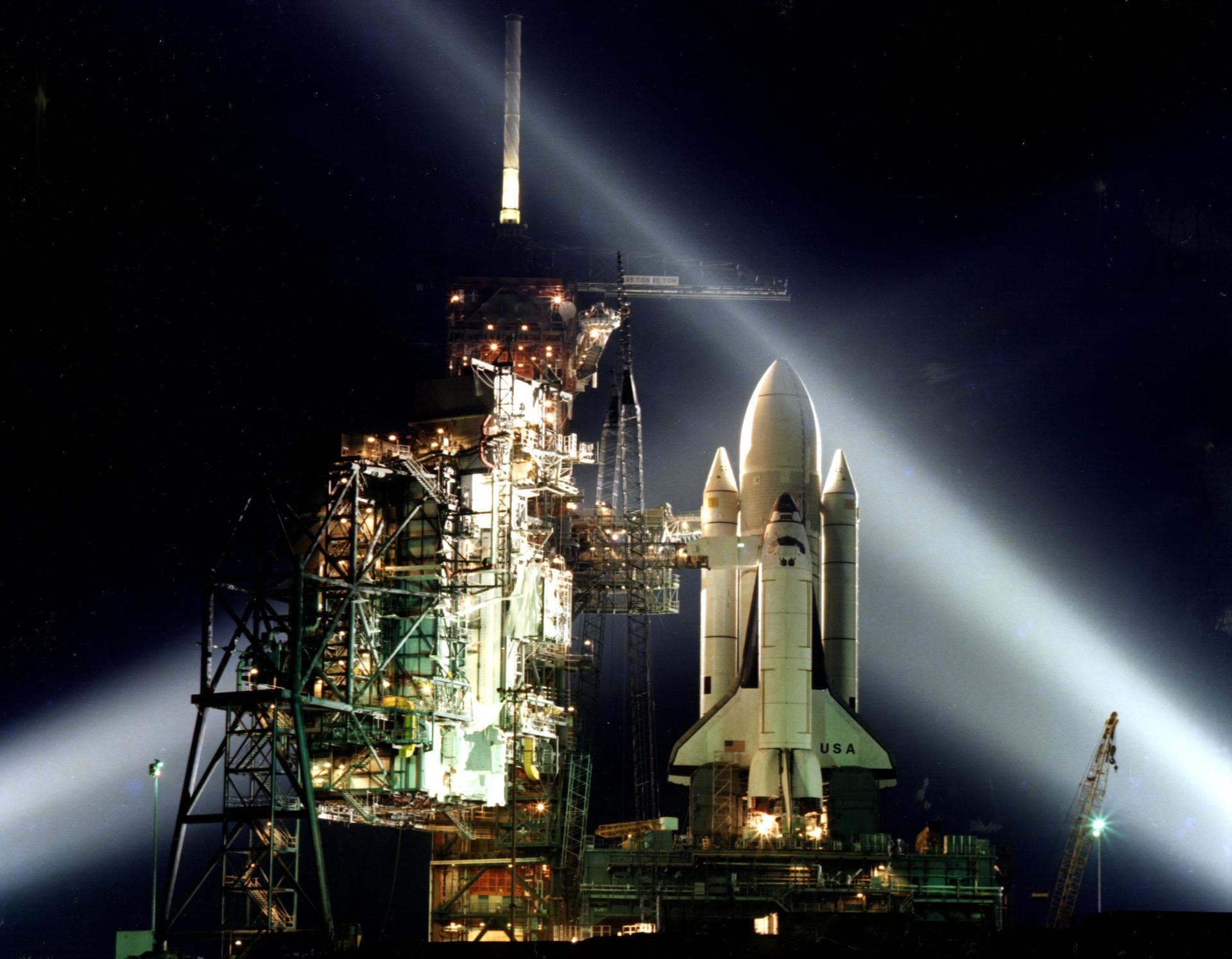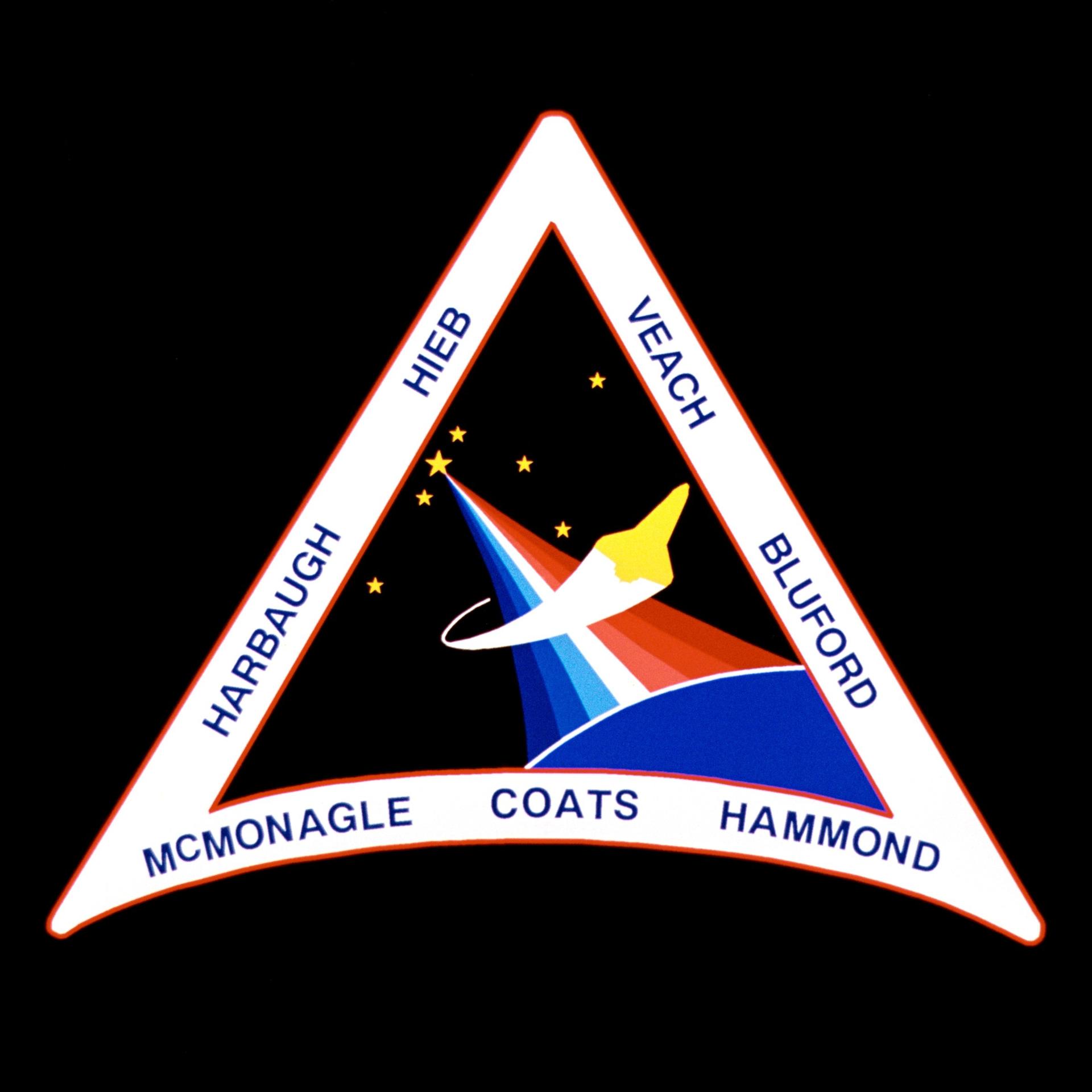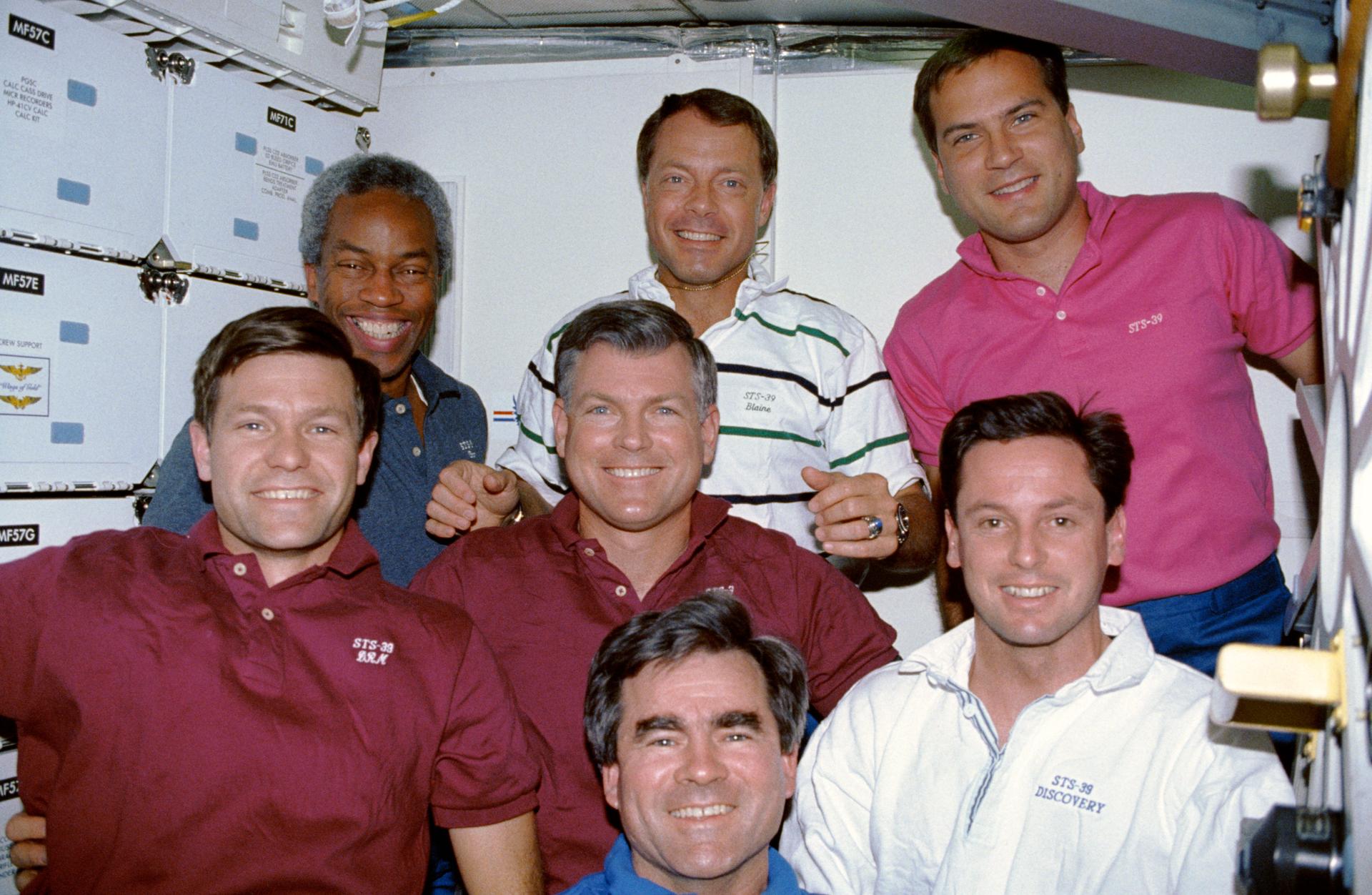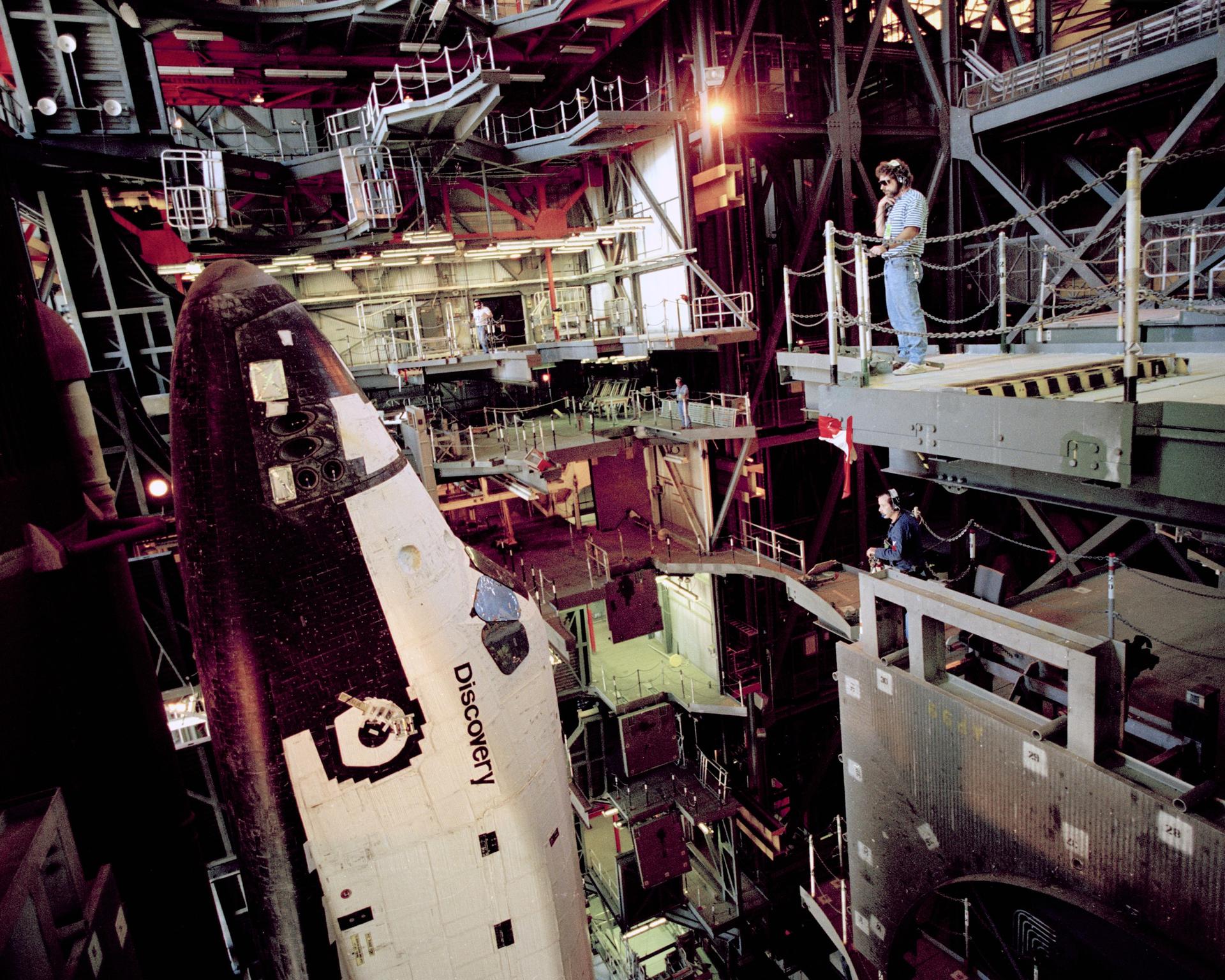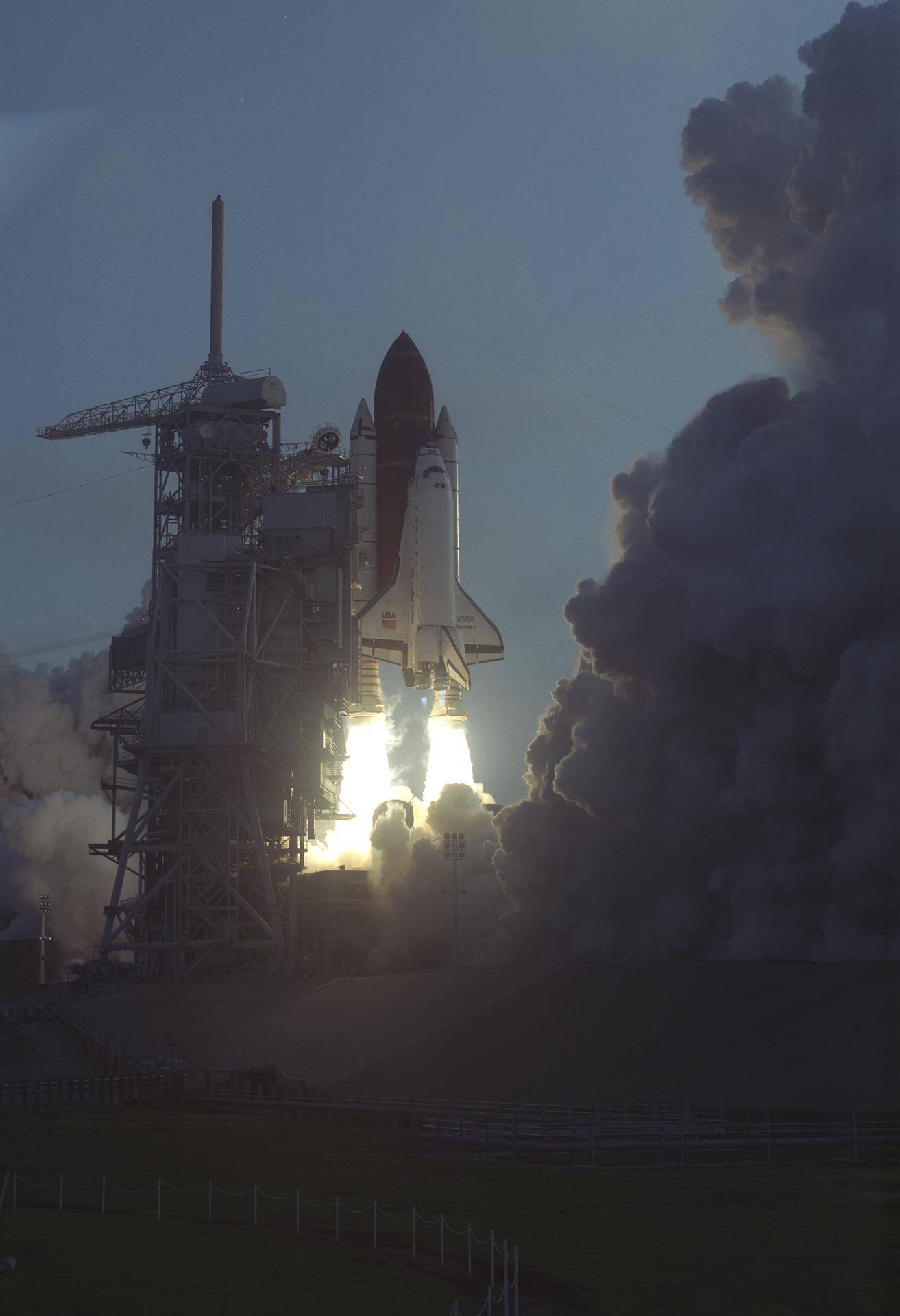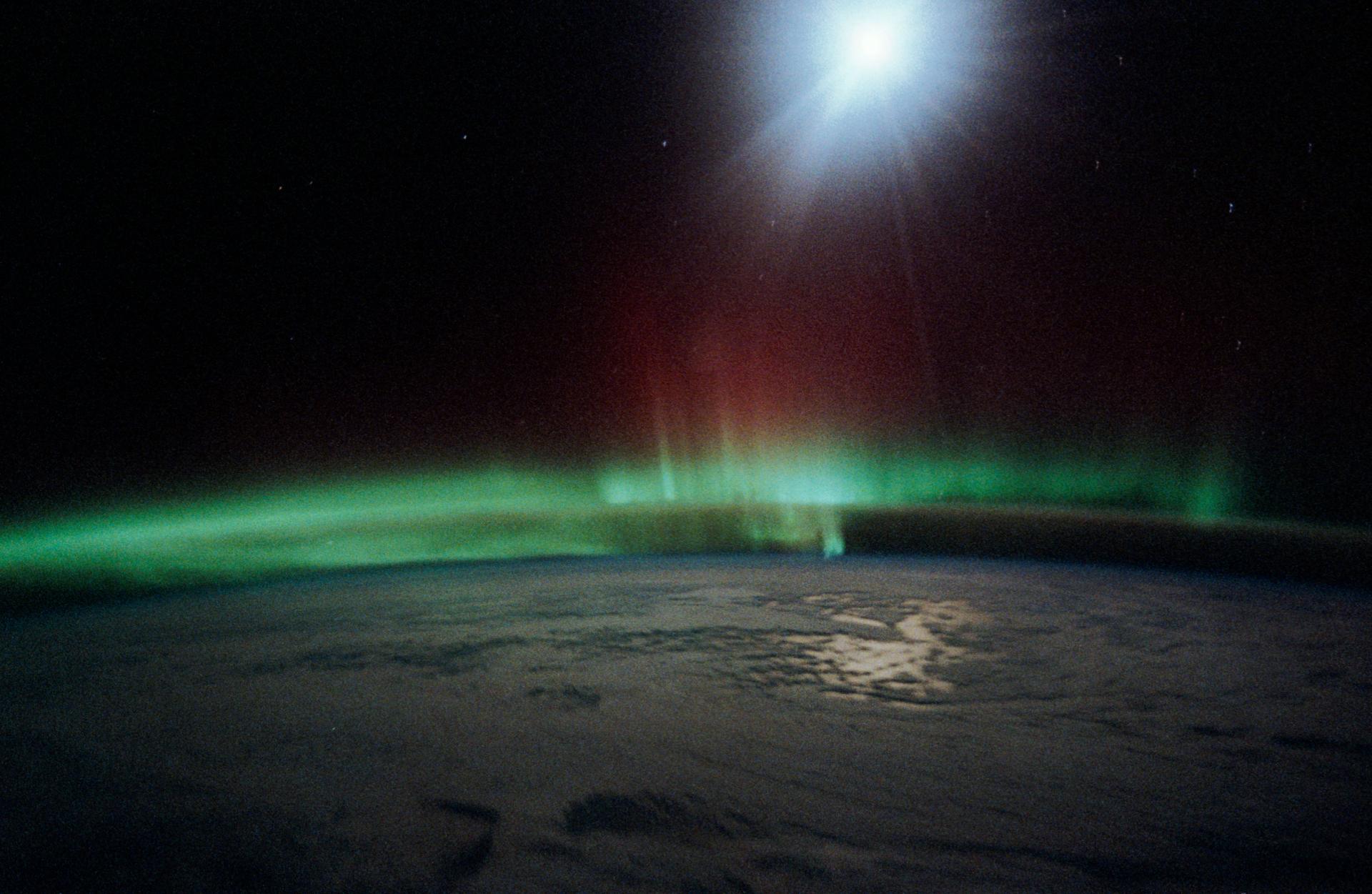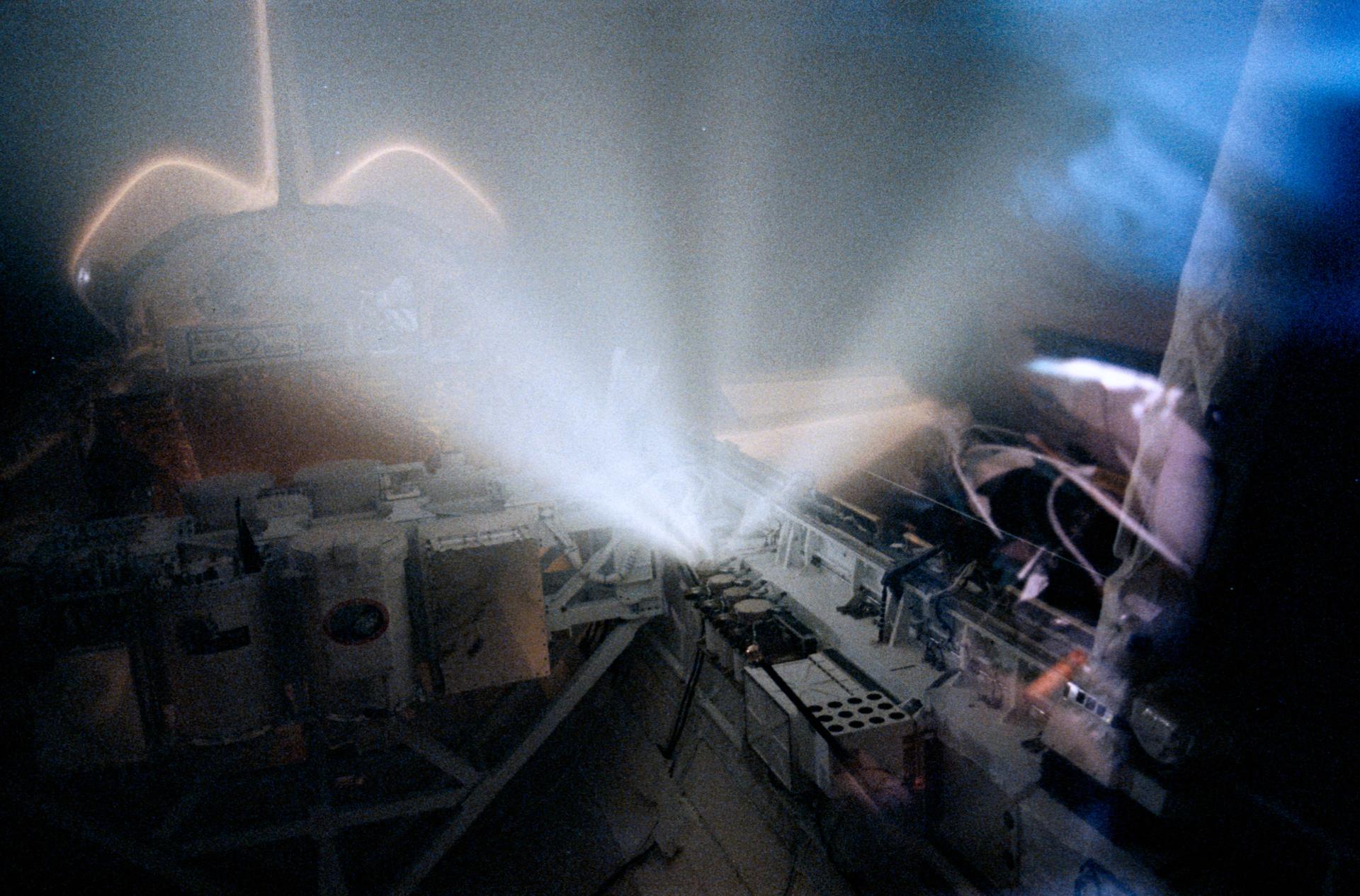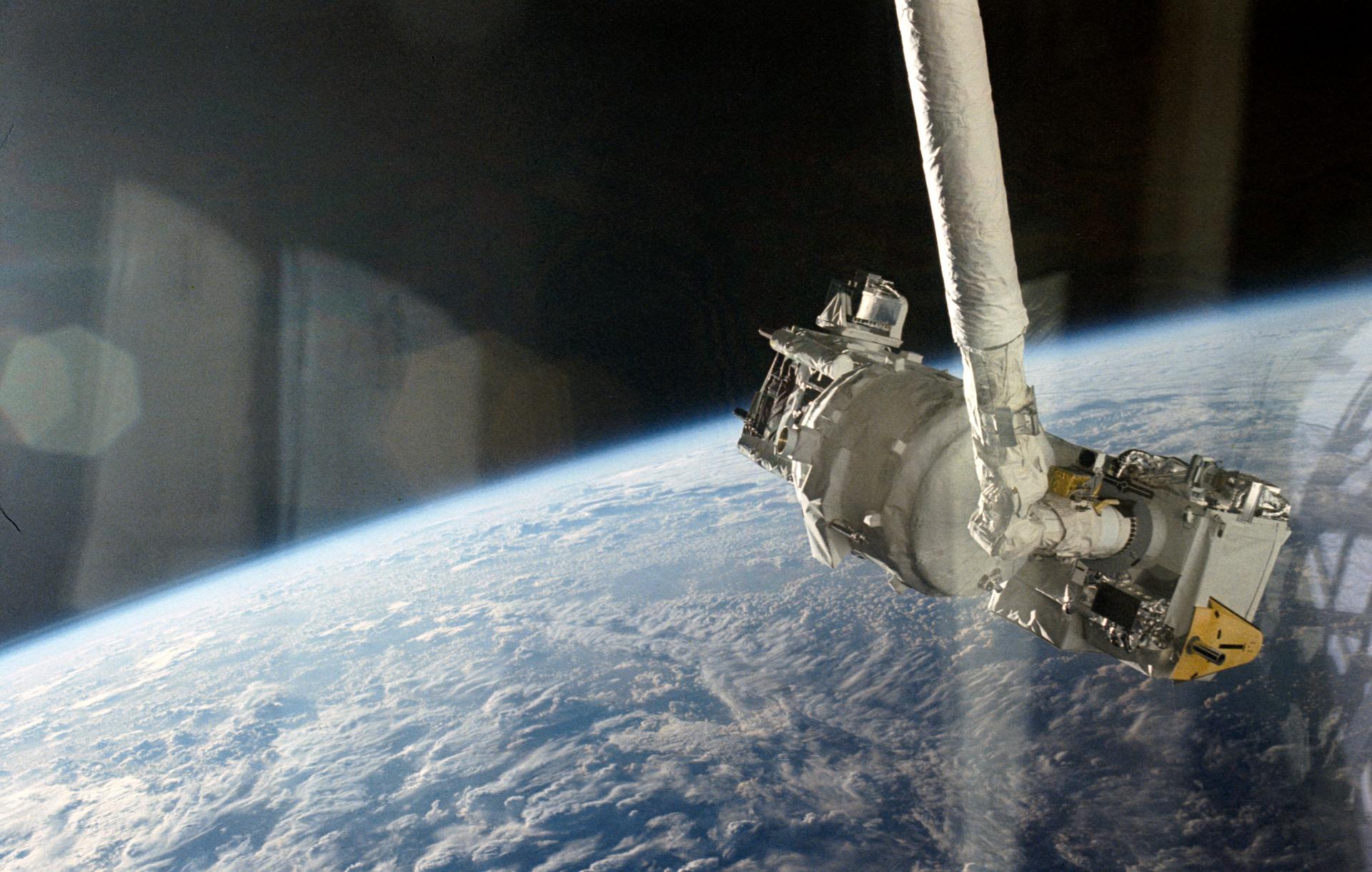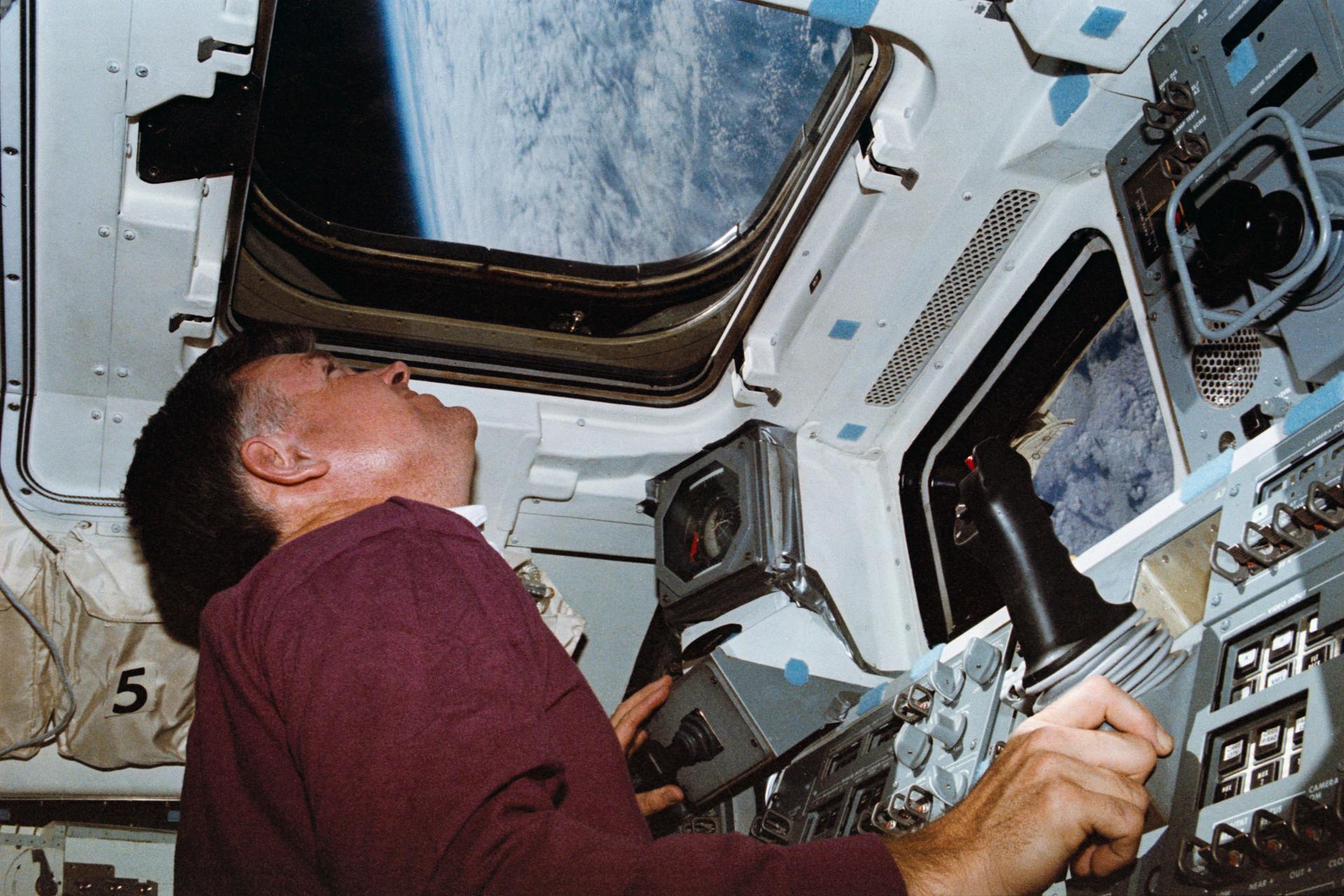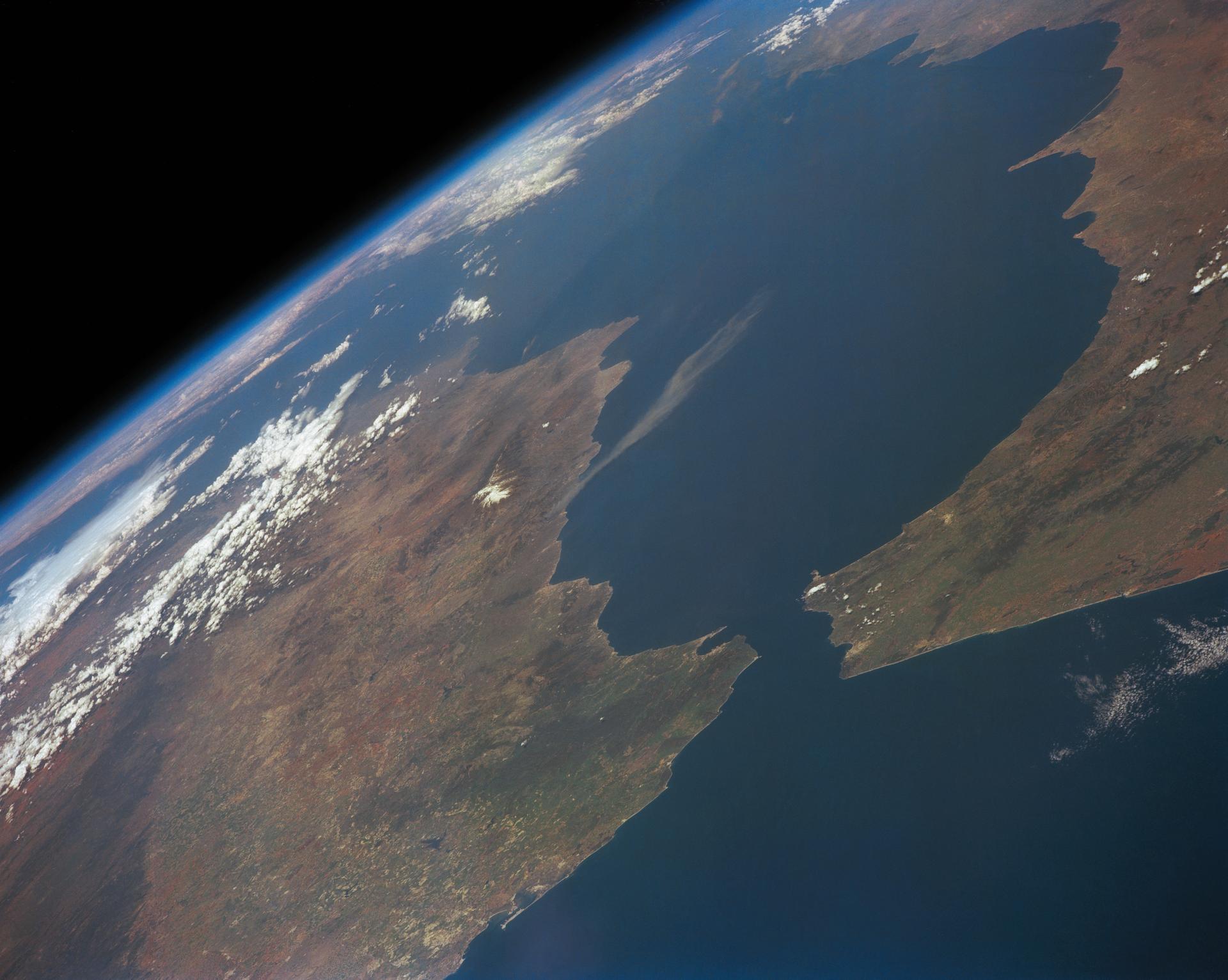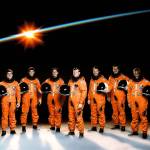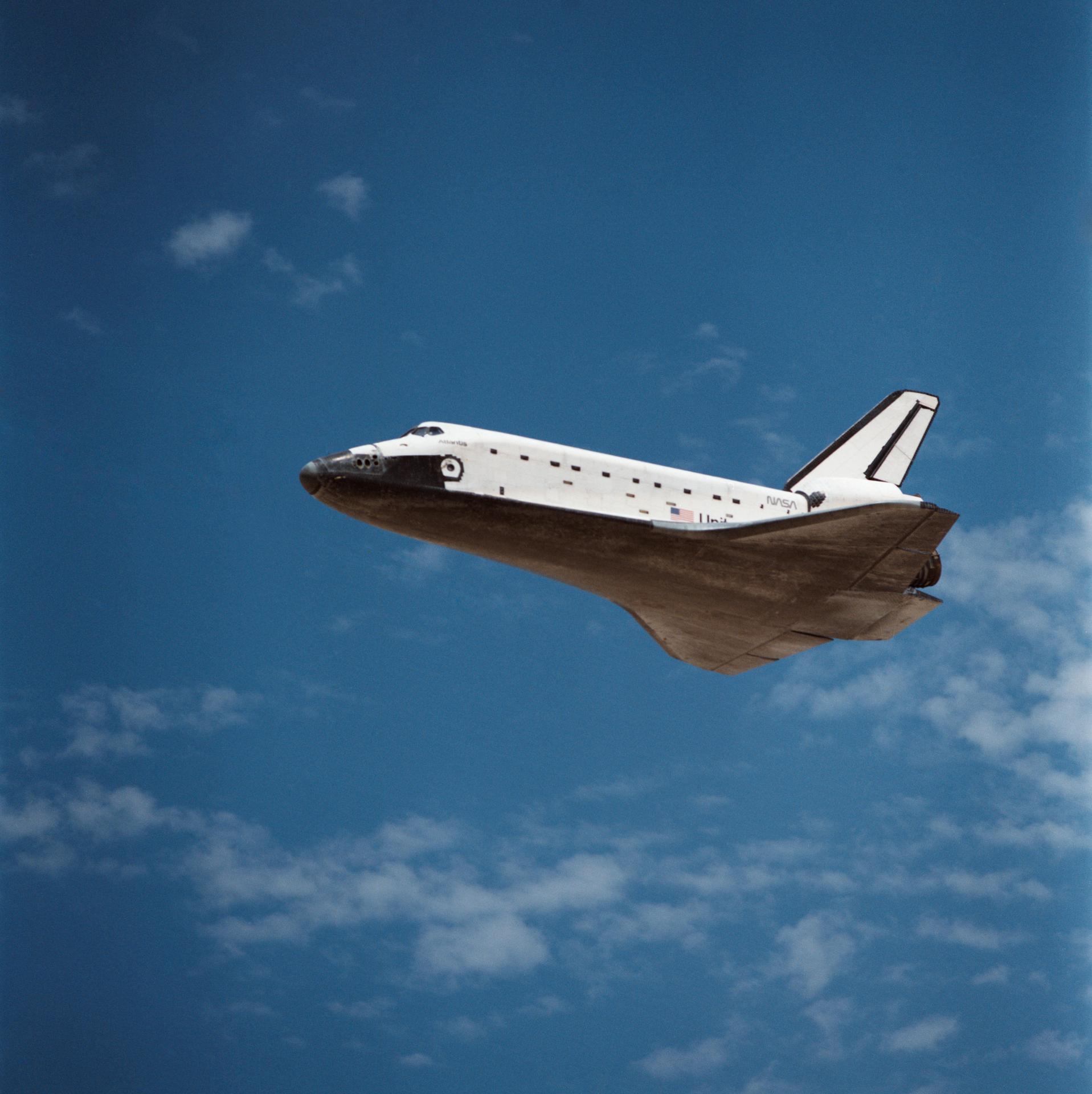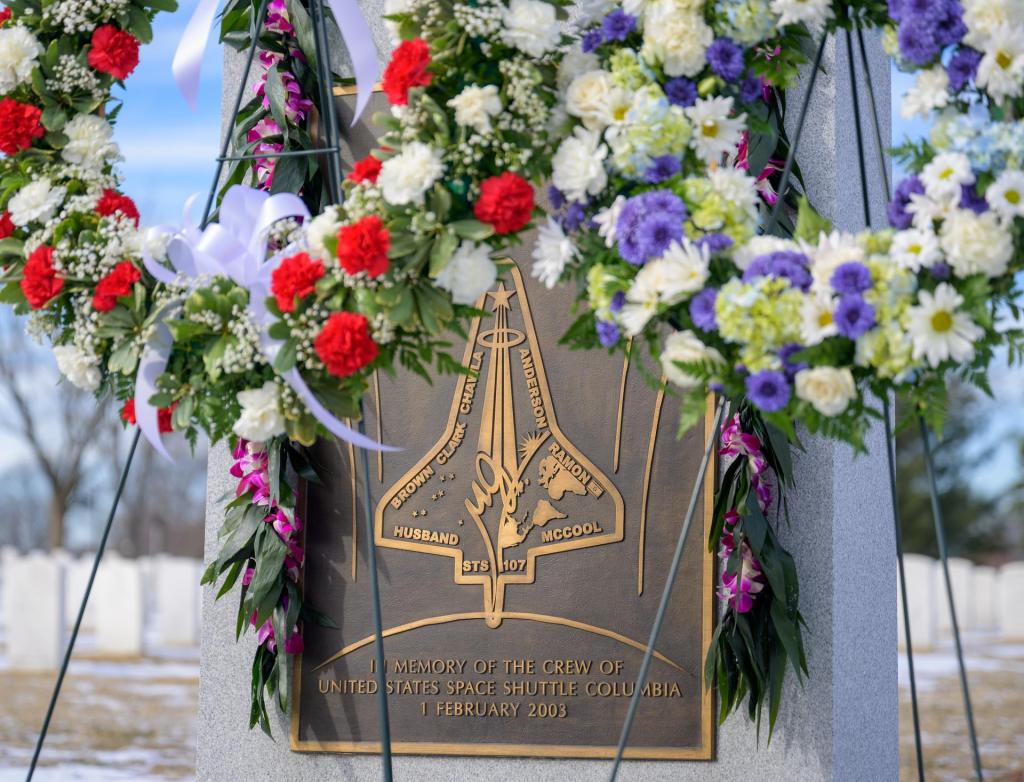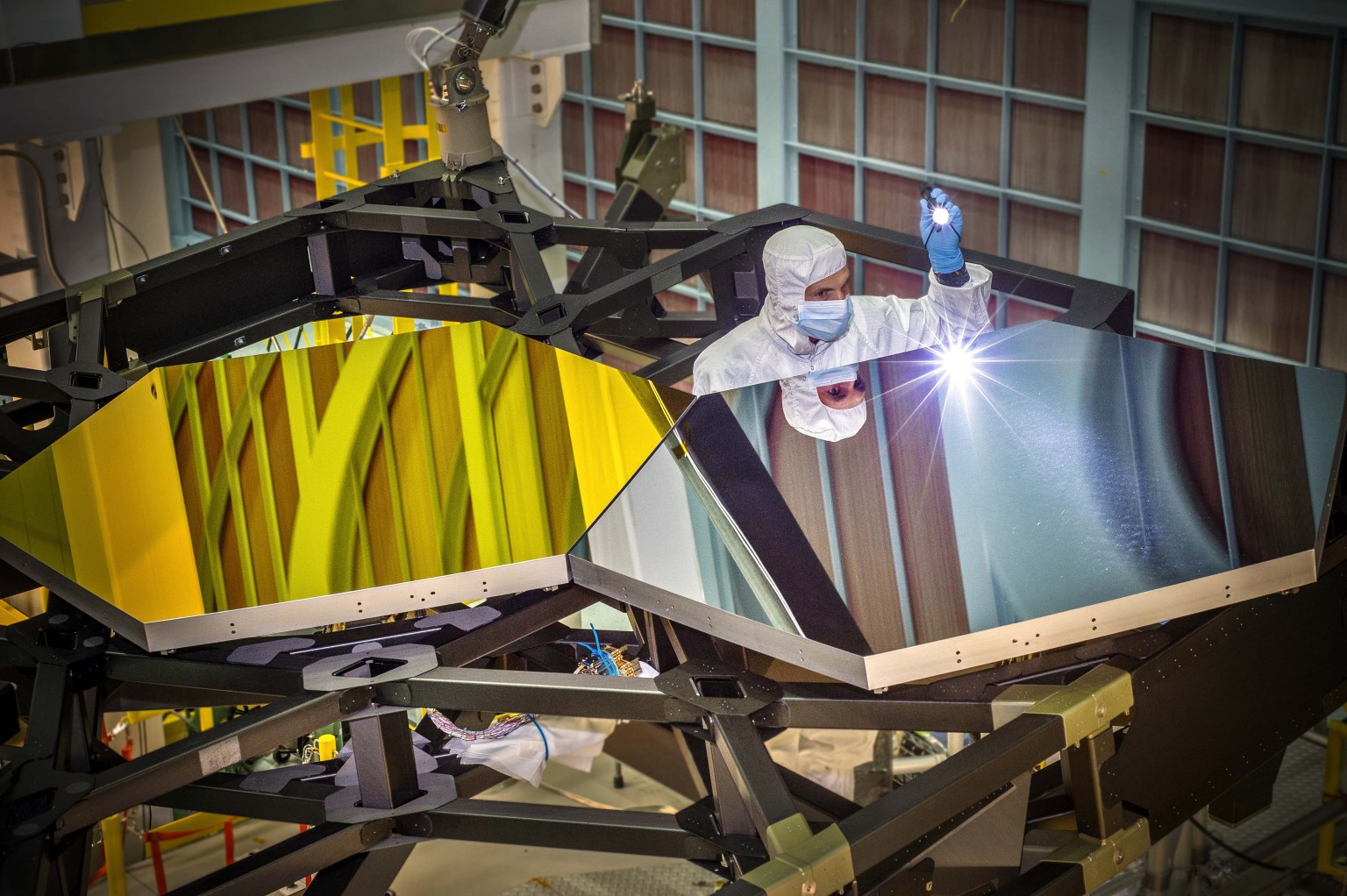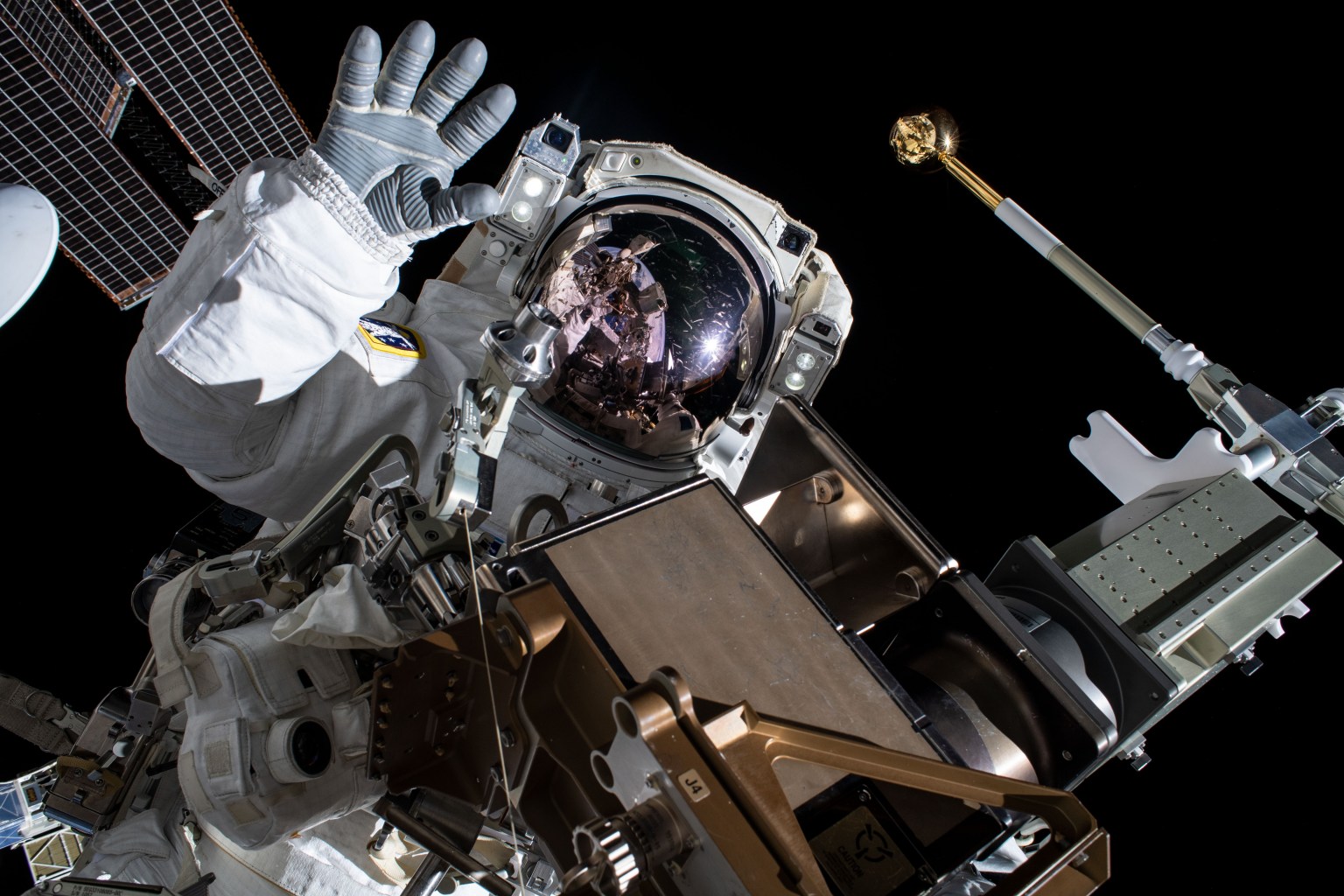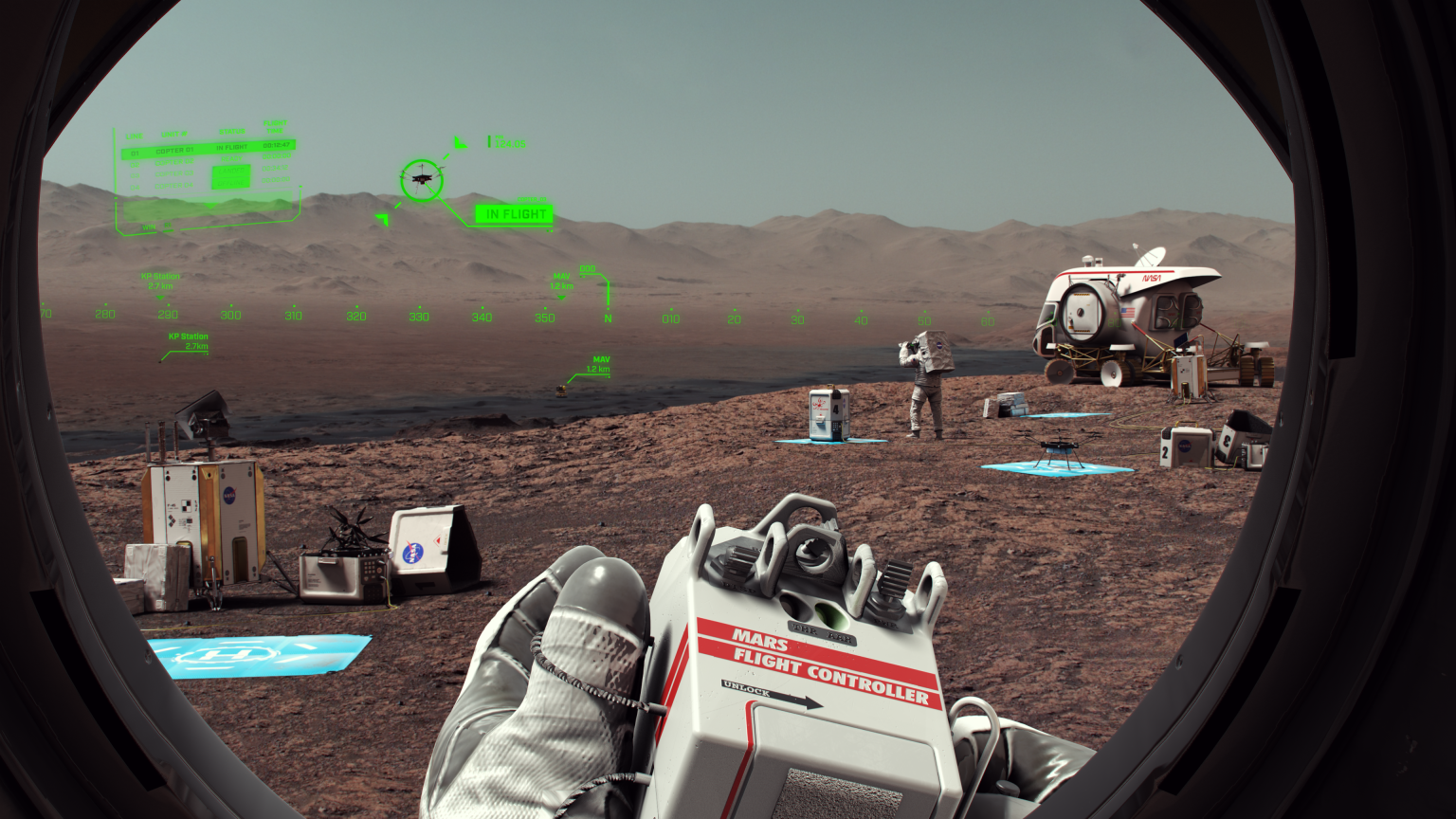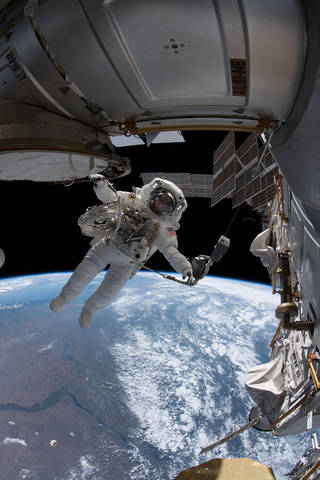
STS-39
STS-39 was dedicated to the Department of Defense
Orbiter
mission duration
Launch
Landing
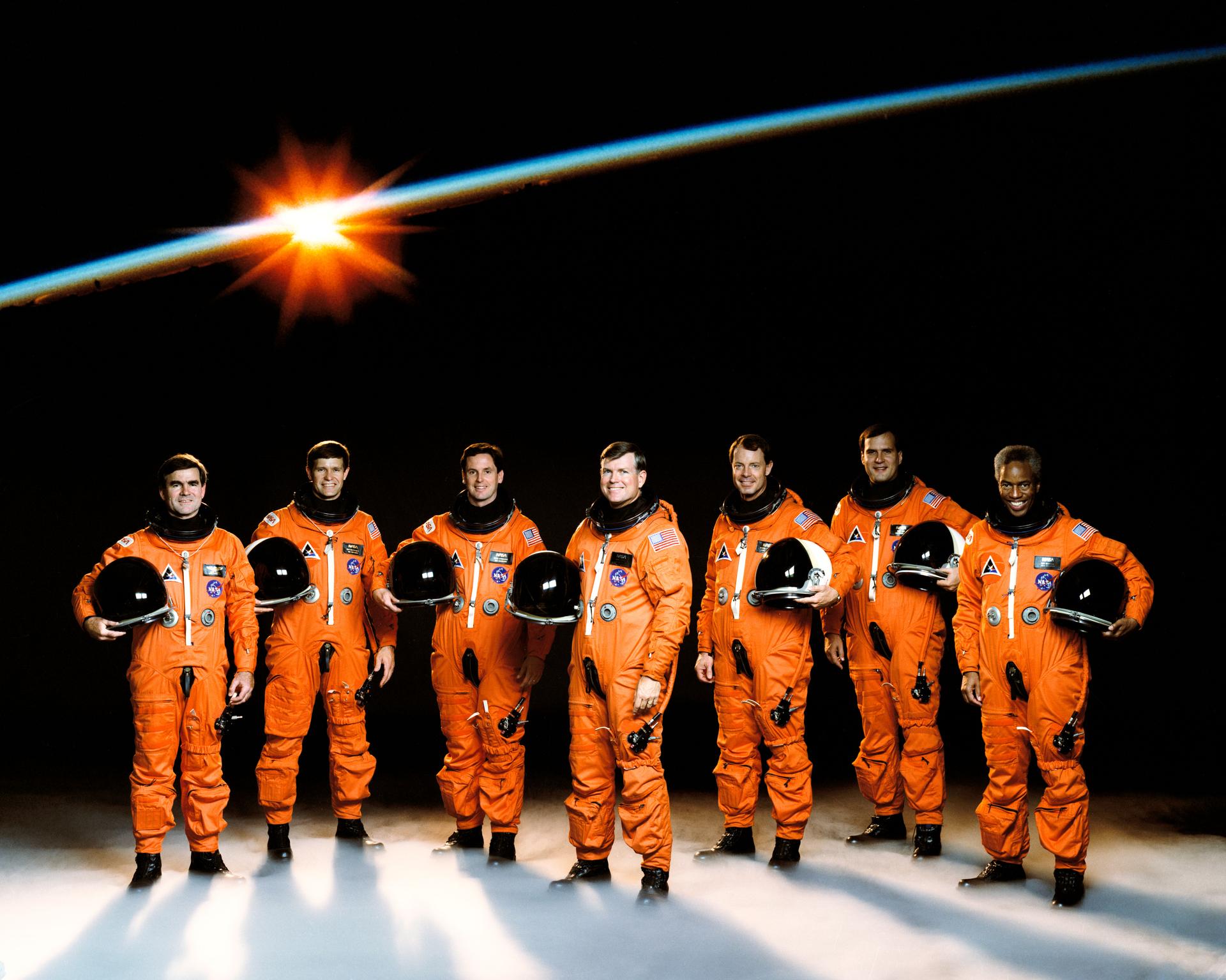
Mission Facts
Mission: Department of Defense, AFP-675; IBSS; SPAS-II
Space Shuttle: Discovery
Launch Pad: 39A
Launch Weight: 247,373 pounds
Launched: April 28, 1991, 7:33:14 a.m. EDT
Landing Site: Kennedy Space Center, Florida
Landing: May 6, 1991, 2:55:37 p.m. EDT
Landing Weight: 211,512 pounds
Runway: 15
Rollout Distance: 9,235 feet
Rollout Time: 56 seconds
Revolution: 134
Mission Duration: 8 days, 7 hours, 22 minutes, 23 seconds
Orbit Altitude: 190 nautical miles
Orbit Inclination: 57 degrees
Miles Traveled: 3.5 million
Crew
Michael L. Coats, Commander
L. Blaine Hammond, Pilot
Guion S. Bluford Jr., Mission Specialist
Gregory J. Harbaugh, Mission Specialist
Richard J. Hieb, Mission Specialist
Donald R. McMonagle, Mission Specialist
Charles L. Veach, Mission Specialist
Launch Highlights
The launch was originally scheduled for March 9, but during processing work at Pad A, significant cracks were found on all four lug hinges on the two external tank umbilical door drive mechanisms. NASA managers opted to roll back the vehicle to the VAB on March 7, and then to OPF for repair. Hinges were replaced with units taken from orbiter Columbia, and reinforced. Discovery returned to the pad on April 1, launch was re-set for April 23. The mission was again postponed when, during prelaunch external tank loading, a transducer on the high-pressure oxidizer turbopump for main engine number three showed readings out of specification. The transducer and its cable harness were replaced and tested. Launch was rescheduled for April 28.
Mission Highlights
Dedicated Department of Defense mission. An unclassified payload included Air Force Program-675 (AFP675); Infrared Background Signature Survey (IBSS) with Critical Ionization Velocity (CIV), Chemical Release Observation (CRO) and Shuttle Pallet Satellite-II (SPAS-II) experiments; and Space Test Payload-1 (STP-1). Classified payload consisted of Multi-Purpose Release Canister (MPEC). Also on board was Radiation Monitoring Equipment III (RME III) and Cloud Logic to Optimize Use of Defense Systems-IA (CLOUDS-I).
STS-39
Shuttle News
Retired Space Shuttle Locations
Shuttle Atlantis – Kennedy Space Center Visitor Complex Shuttle Discovery – Steven F. Udvar-Hazy Center Shuttle Endeavour – California Science…
Read the Story